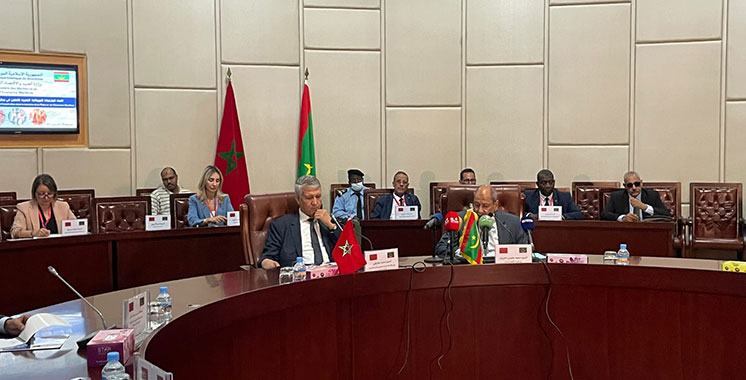Morocco’s competition council has issued a new report detailing facets of dysfunctions in the fuel market from the upstream to the downstream, citing notably the repercussions of oligopoly in a country where 3 companies have more than 60% of the market share.
The 104-page report came at a context where Morocco bears the brunt of higher oil prices in the international market affecting prices of transport and consequently of other goods including foodstuff and farm products.
The competition council notes that fuel companies in Morocco proceed to immediate hikes whenever there is an increase in the international market but in the opposite case, they take time to sell stored fuel before reducing prices.
The report adds that profit margins remained the same for the period 2018-2021 under study, with Winxo being the most profitable and Afriquia the least.
The council warned that private operators failed to ensure fuel storage enough to cover 2 months of Moroccan market needs as stipulated by the law, adding that stockpiles sometimes fell to less than 20 days.
The report deplored that fuel companies missed the chance of cheap oil between 2018 and 2021 to build up stockpiles and reduce Morocco’s import bill.
The council recommended an updated legislative framework conducive to free competition while ensuring the strategic interest of Morocco and its energy security.
It also urged the government to take action to facilitate access to the fuel market whether in terms of imports, storage or distribution.
Energy imports are expected to soar to 135 billion dirhams ($13 bln) this year, up from some 7 billion dollars last year, according to central bank data.



